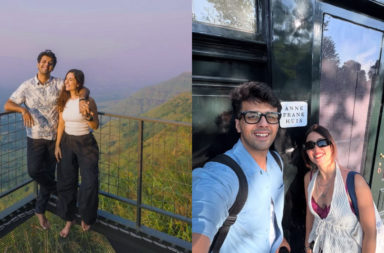Freedom of speech is a cornerstone of democratic societies, allowing individuals to express their ideas, opinions, and criticisms without fear of censorship or reprisal. On one hand, the rise of social media platforms has transformed the way people communicate, share information, and exercise their right to freedom of speech. On the other hand, Governments have raised concerns regarding the impact of these platforms on freedom of speech, the spread of misinformation, and their potential to influence democratic processes. The usual tug of war behind freedom of speech on social media and the government’s intervention has been a hot topic of debate for some time now. However, Jack Dorsey’s revelation about Twitter has resurfaced the debate in full swing, raising some very important questions concerning our fundamental rights.
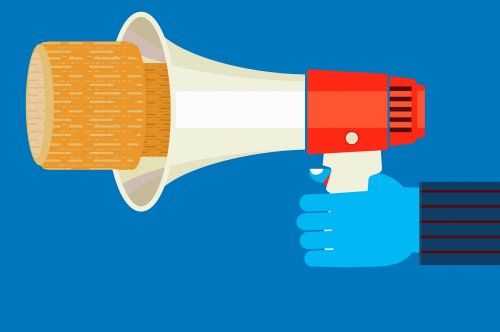
What are the Twitter Revelations?
Jack Dorsey, the former CEO of Twitter, recently disclosed certain information that can get an active social media user concerned. He said that the Governments of countries such as India, Nigeria and Turkey have threatened to shut down the social media giant if it does not comply with their demands.
The Indian Government, in particular, was widely criticised for the way it handled the farmer’s protest in 2021 and they received a large chunk of the backlash from Twitter. Jack Dorsey revealed that the Indian Government ordered Twitter to restrict such accounts that spoke ill about the Government and its functionality. According to Dorsey, the Government did not stop at it but also threatened the company with banning the social media platform and raiding the homes of employees working for Twitter.
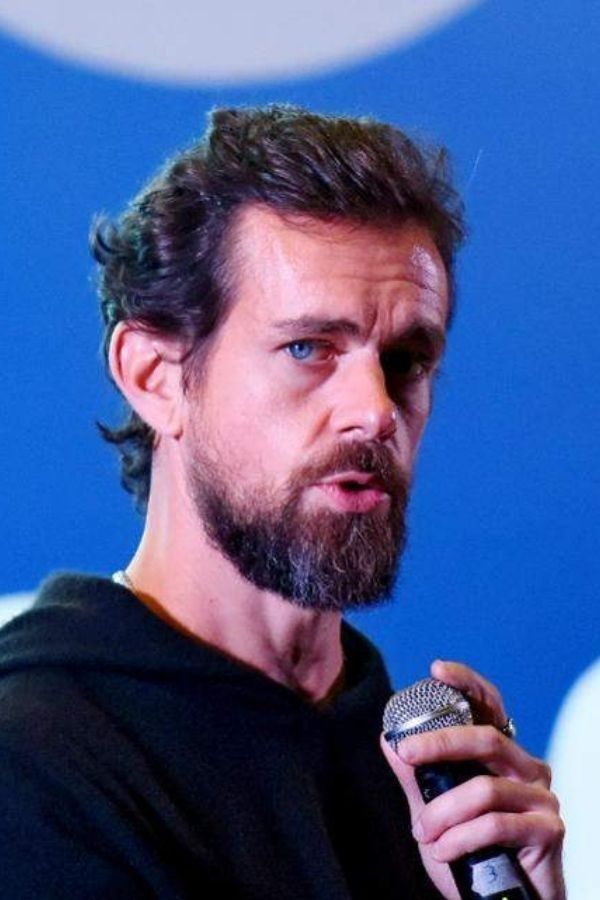
The Government of India has however denied such claims. Whose truth is to be believed can be questionable. Nonetheless, there have been many cases in which the Government of India has curbed the rights of an individual to speak on social media, calling these tweets/posts a threat to the integrity and safety of the country. These instances, now adding to the revelations of Jack Dorsey, present an important tussle between us- Government Surveillance for National Security while encroaching on the fundamental right to freedom of speech. This tussle has pushed the Democratic essence of India into trouble.
Also Read: Lakshmi Joshi: A Symbol of Empowerment in the Aviation Industry!
Social Media as a democratic space
Historically, access to information and the means of communication were often limited to the privileged few. However, social media has democratised the dissemination of information, allowing individuals from all walks of life to participate in public debates and engage with a wide range of ideas. This increased access to information breaks down traditional hierarchies and empowers citizens to hold power structures accountable.
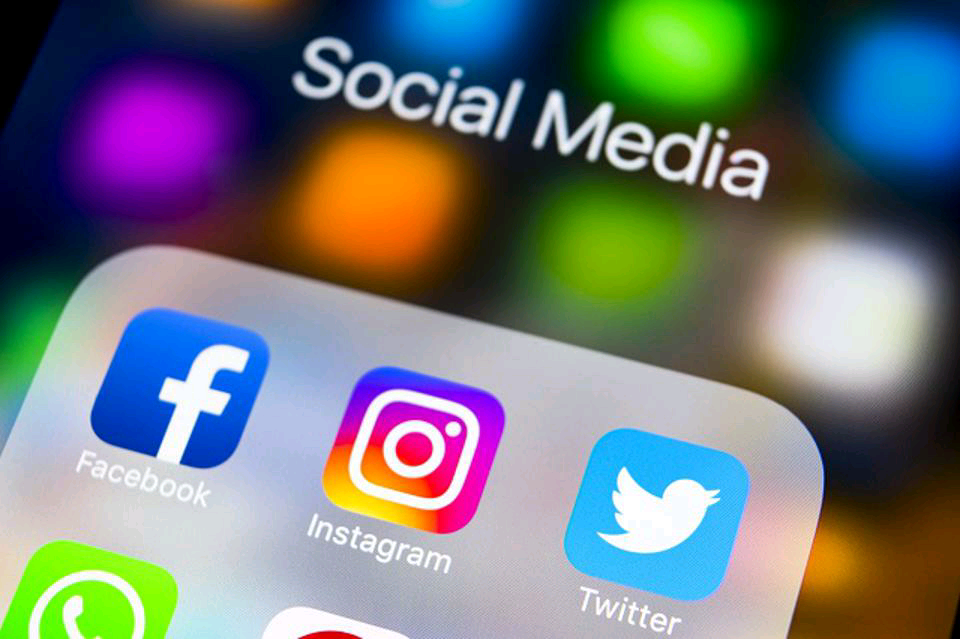
Government Surveillance and Freedom of Speech
The extent to which governments monitor social media activities raises concerns about the potential impact of this fundamental democratic principle. The knowledge or perception of government surveillance can create a chilling effect, leading individuals to self-censor their thoughts and opinions. Fear of retribution or surveillance may stifle the open exchange of ideas, hindering the robust public discourse that is essential for a thriving democracy.
Government monitoring of social media can be used as a tool to suppress dissent and control political opposition. By monitoring and targeting individuals or groups critical of the government, authorities can limit their ability to express their opinions freely, undermining democratic principles and impeding progress. In some cases, government monitoring can lead to content filtering, as authorities may selectively remove or block information deemed undesirable or politically sensitive. This practice not only restricts freedom of speech but also limits access to diverse viewpoints, impeding the public’s ability to make informed decisions.
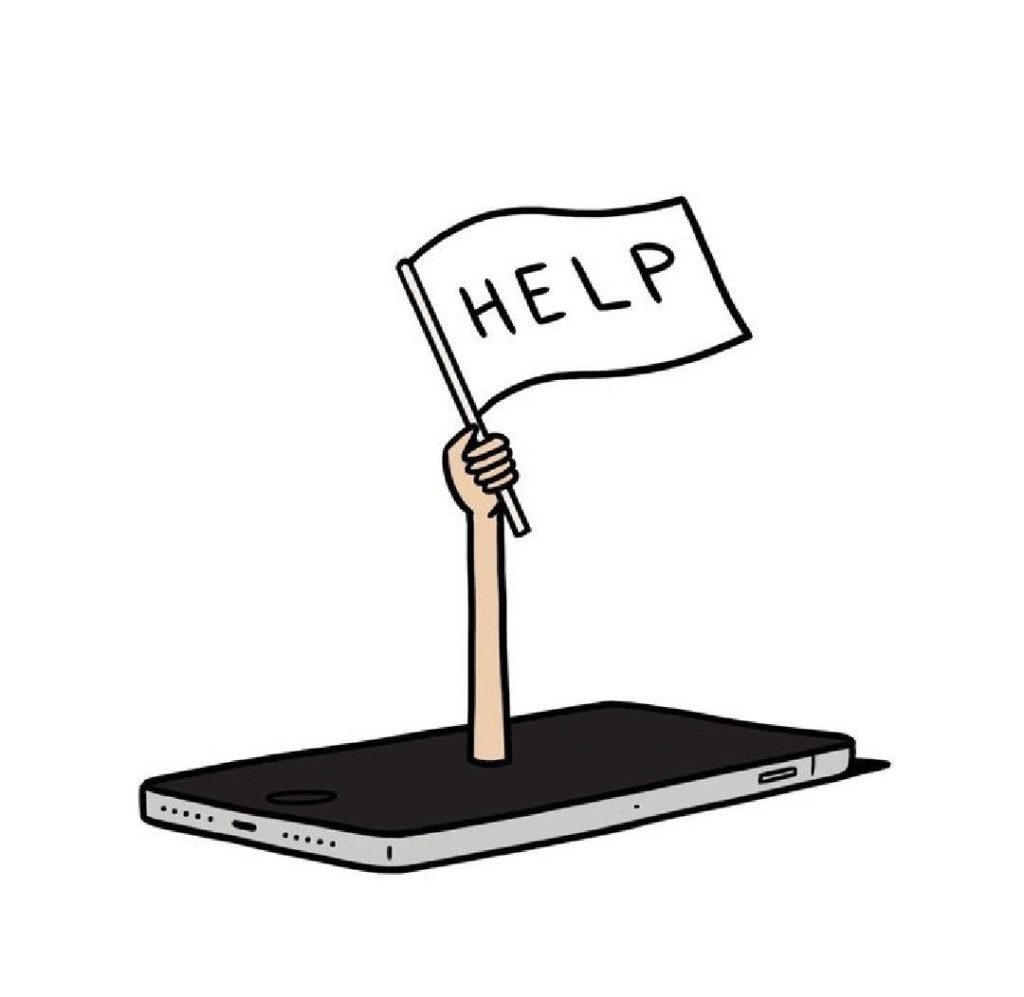
Government monitoring of social media undoubtedly has the potential to affect freedom of speech. While there may be justifications for monitoring, such as National Security and combating disinformation, the risks of censorship, self-censorship, and suppression of dissent must be carefully considered. Striking the right balance requires robust legal safeguards, transparency, and accountability mechanisms to ensure that monitoring activities align with democratic principles, respect individual rights, and uphold the fundamental value of freedom of speech in the digital age.


